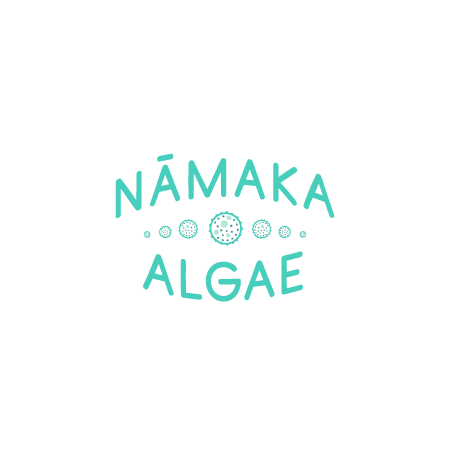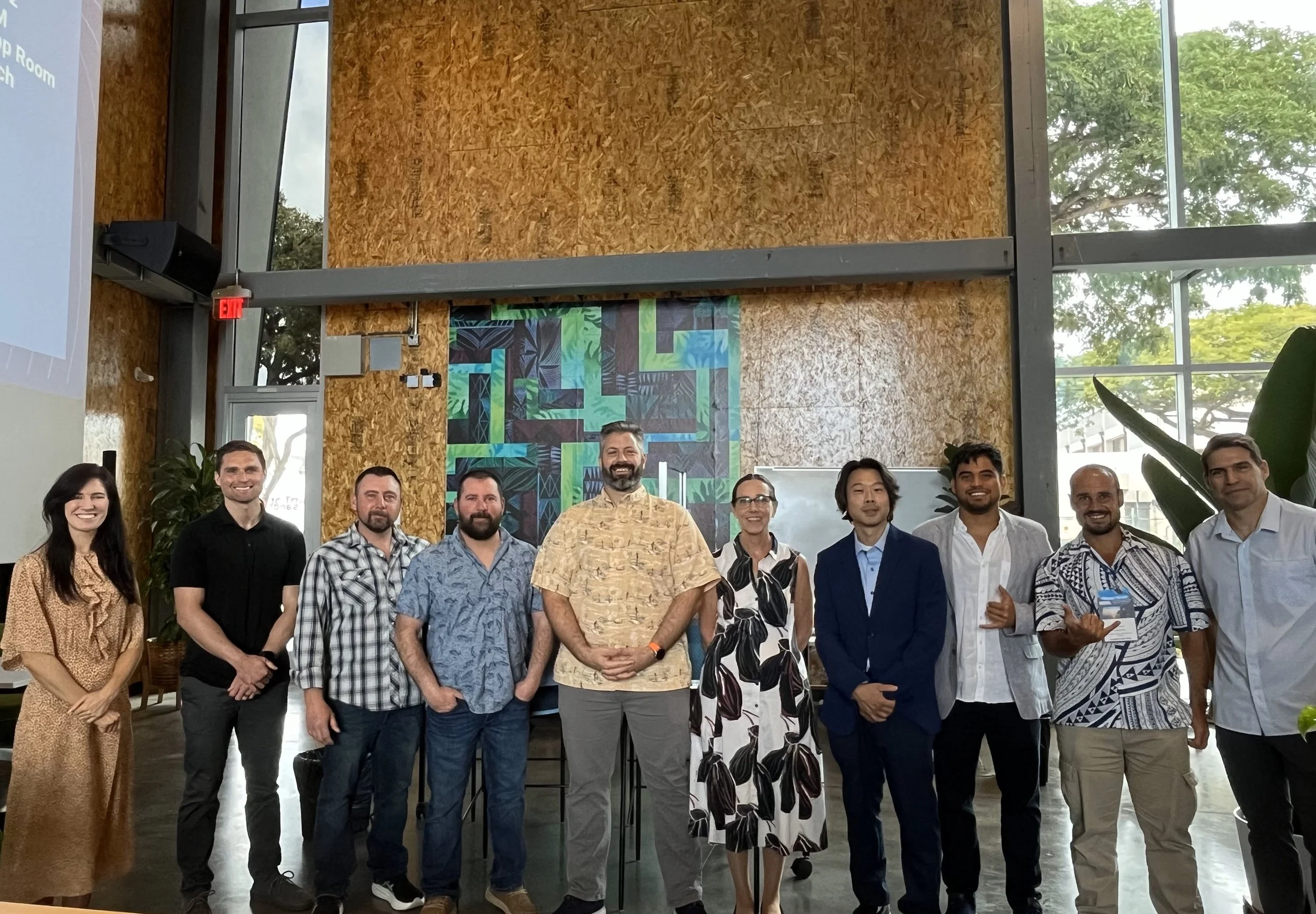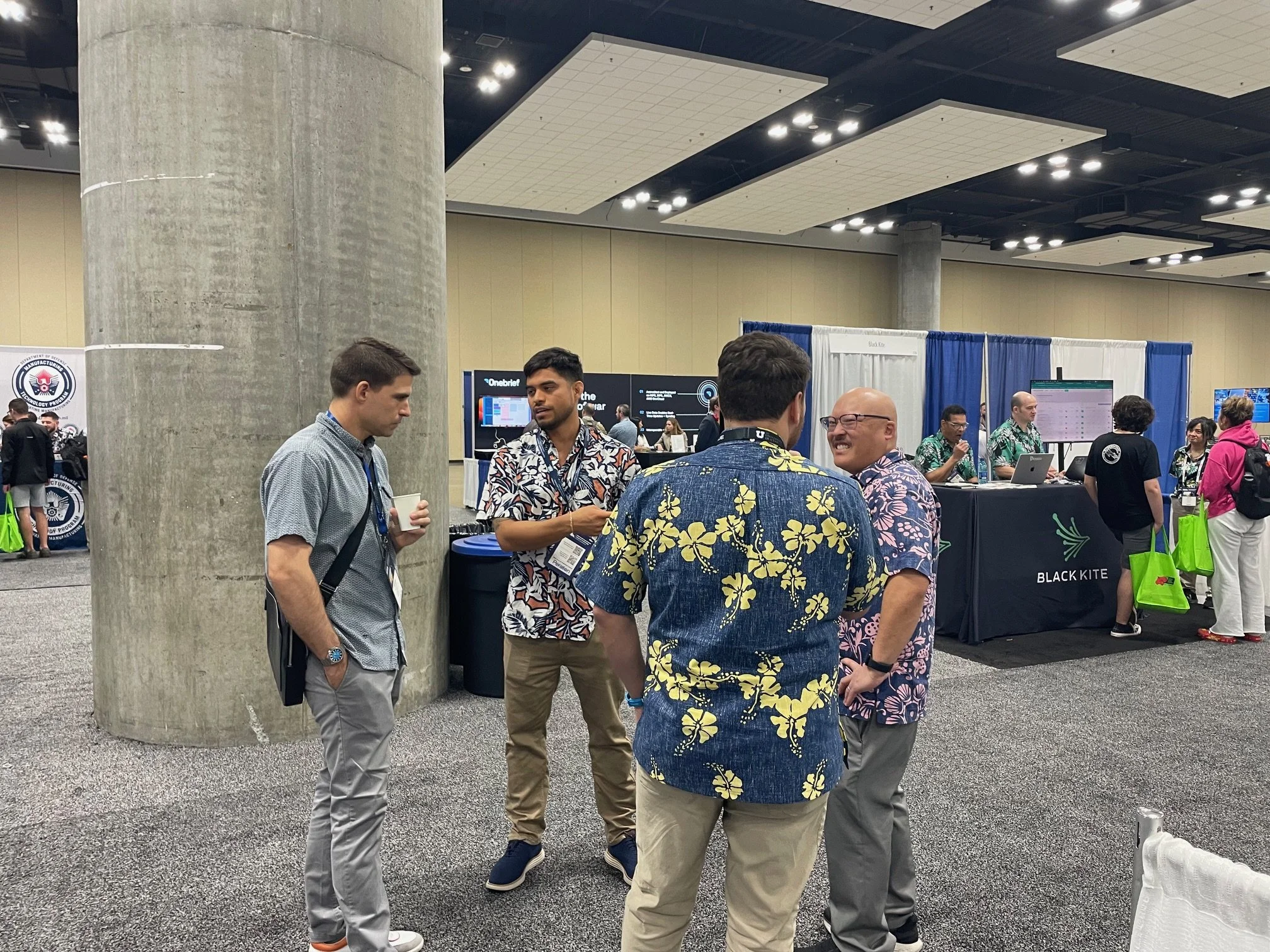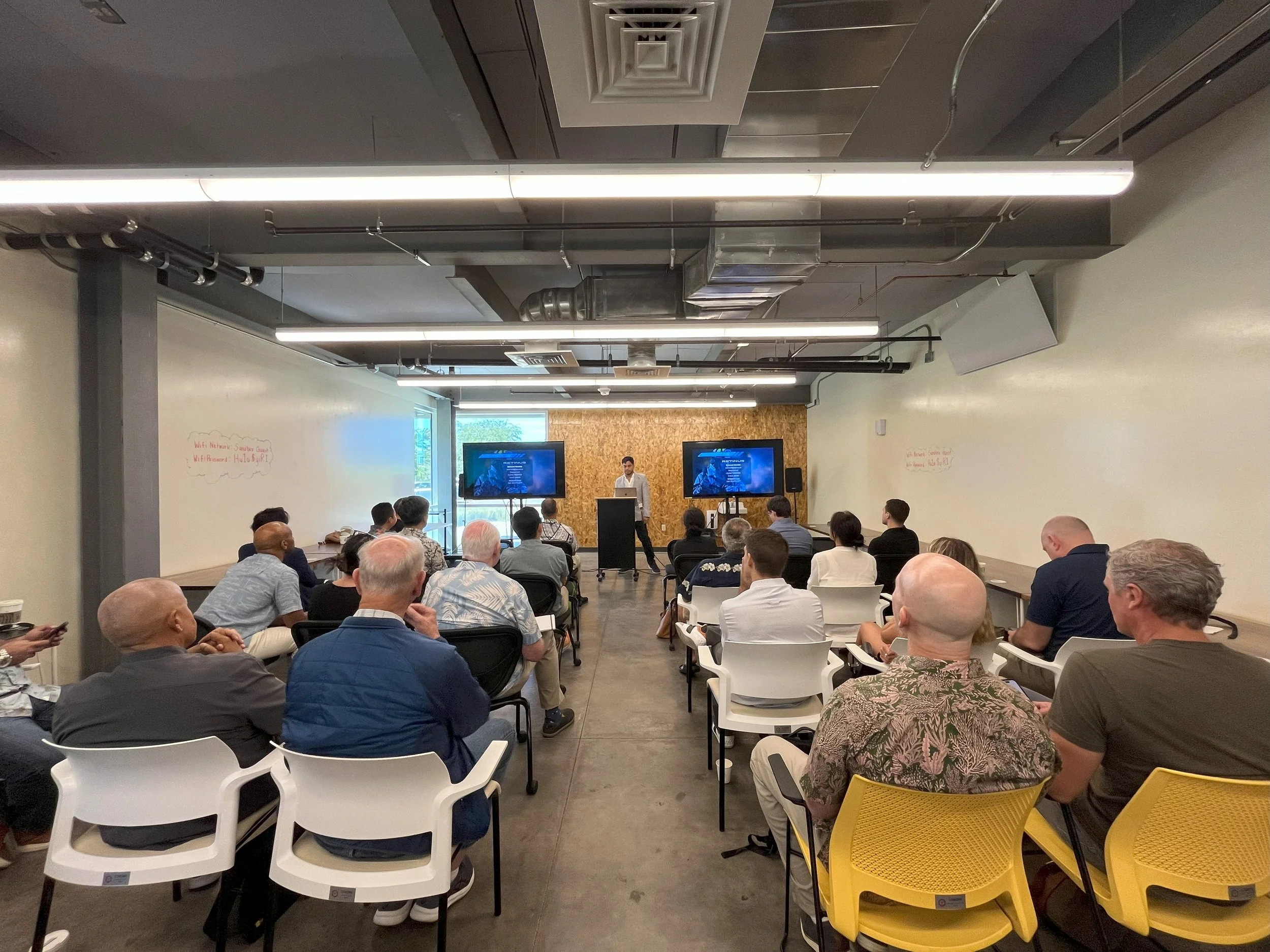2024 Program Overview
Quest Accelerator supports early-stage ventures with transformative technologies for government within Security and Defense, Energy Resiliency, Sustainable Agriculture, Mobility, and other industry sectors. Our program brings startups, investors, and partners together to cultivate a center of gravity for collaboration and strengthen the innovation base.
The theme for our 2024 Accelerator was Resilience, particularly focused on the efforts to aid in the recovery and rebuild of Maui. To better understand the critical needs for company selection into the Quest Accelerator program, we conducted a market research assessment prior to cohort selection. The results of this assessment are highlighted below.
The issues at the time were multifaceted, including infrastructure, environmental, and socioeconomic factors. Road accessibility remained limited, affecting ingress and egress, especially during emergencies, while insufficient evacuation routes raise concerns about public safety. Water resources were under strain, with a pressing need to preserve potable water by shifting reliance to recycled water. Communication networks, essential during disasters, are also vulnerable. Additionally, displacement was a serious concern; 20,000 residents were forced from their homes, placing an increased burden on housing and schools and challenging efforts to maintain safety and resources for existing communities. Regulatory constraints in construction and housing, stemming from historical plantation-era policies, further inhibited responsive development and adaptation. Meanwhile, an overpopulation of deer contributes to soil erosion and exacerbates flood risks. Staffing shortages in local government impeded operational efficiency and delay policy execution. High housing costs, exemplified by a median home price of $1 million, restricted access to affordable living, and environmental hazards posed ongoing threats, with limitations in fire detection technology and challenges in accurately predicting floods
The solutions of interest for addressing these challenges focused on technological and community-based initiatives. There was an emphasis on developing infrastructure for recycled water technology to reduce potable water use and enhance emergency communication systems that can integrate C2, fire, and police departments, and community communication. Additionally, Disaster Relief Hubs were proposed for strategic locations in South, West, and Central Maui to improve disaster responsiveness. Advanced technologies, such as thermal imaging in fire trucks and sophisticated sensors in North Kihei to monitor water flow, were considered for enhanced disaster preparedness. Environmental restoration efforts aimed to control the deer population and improve soil stability, thereby mitigating flood risks.
New to our Quest Accelerator 2024 Program was our Innovator’s Track, designed to support Hawaii's researchers, entrepreneurs, and emerging teams across various development stages. This track offered participants access to Quest’s valuable resources, mentorship, and network, helping early-stage innovators strengthen Hawaii’s local economy through community-driven entrepreneurship. This track also provided additional reach and community building efforts for the Quest program.
The program culminated with a Demo Day and Pitch Event aligned with the Pacific Operational Science and Technology (POST) Conference. Hosted by the National Defense Industrial Association, POST delivered an unparalleled platform for collaboration, innovation, and exploration of Department of Defense opportunities for joint research, development, and experimentation.
2024 Cohort
Demo Day / POST Photos





